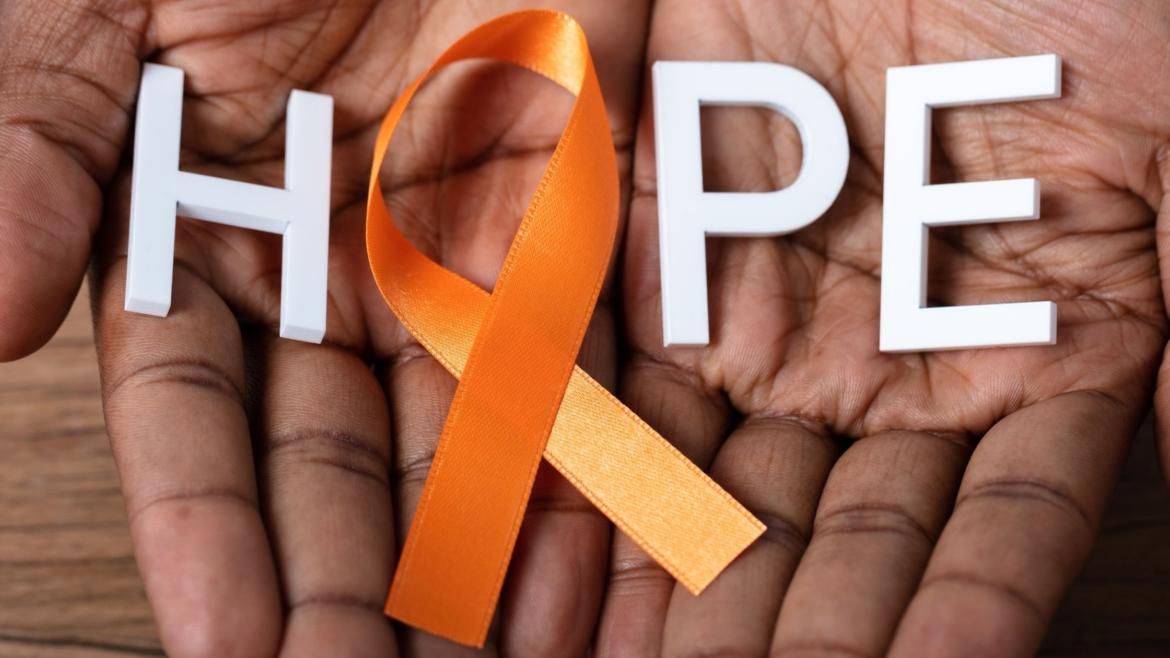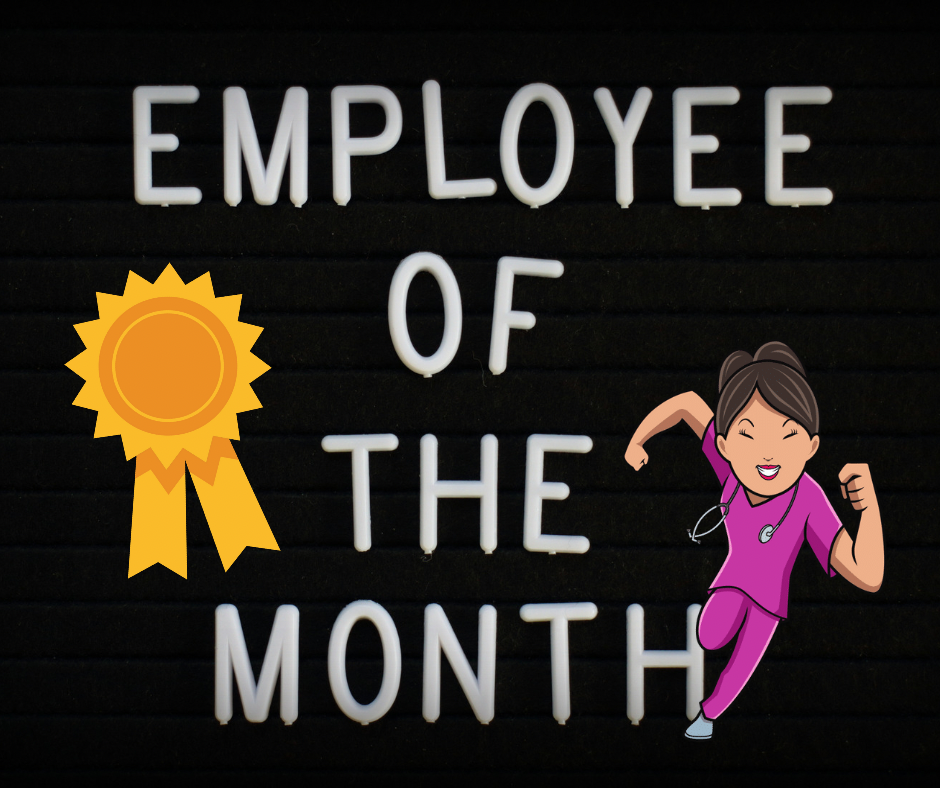What is Multiple Sclerosis? Understanding the Condition and Its Impact
Multiple Sclerosis (MS) is a disease that impacts the brain and spinal cord which make up the central nervous system and controls everything we do. The exact cause of MS is unknown, but we do know that something triggers the immune system to attack the brain and spinal cord. The resulting damage to myelin, the protective layer insulating wire-like nerve fibers, disrupts signals to and from the brain. This interruption of communication signals causes unpredictable symptoms such as numbness, tingling, mood changes, memory problems, pain, fatigue, blindness and/or paralysis. Everyone’s experience with MS is different and these losses may be temporary or long lasting.
Is Multiple Sclerosis considered a rare disease?
MS is a rare disease characterized by chronic course with intermittent relapses, usually ending up with a severe debilitation. Once diagnosed, patients with MS are forced to live with it for the rest of their lives, leading to significant health, social, and economic problems. It has affected over 400,000 people in the United States and 2.1 million people worldwide.
How can I learn more?
In order to raise awareness, Home Care Alternatives interviewed with 3 amazing individuals who’s stories of life with multiple sclerosis are told through the everyday moments people with MS experience. Sometimes these moments and feelings can be hard to explain in words, but their personal journeys are nothing less than courageous.
Keep Reading to Learn More



Interview 1/ Valerie’s Story

- Valerie how long have you had Multiple Sclerosis? 22 years ago, after dealing with extreme fatigue & it felt like someone beat me in my right arm. My doctor gave me an anti-inflammatory & it did not work, so he started doing more testing.
- What were your first thoughts after the diagnosis? “Aww man!” I didn’t even know what Multiple Sclerosis was. I initially thought, “I’m going to beat this thing; I’ll take my meds.” I was just shocked. Nobody in my family had this diagnosis. I checked both sides to see where it came from. I thought about the places I’ve been, the people I’ve dated, the foods I’ve eaten…” was it something I did?”
- How does your MS affect your daily living? Variety of ways. A good example, yesterday the weather change started giving me extreme pain, throbbing from my head to my toes. The pain is so intense & I just want to go to bed & sleep it off. Exacerbations or attacks as I call them, could last 3 days to many months. I only have a few days a year where I feel good, all the other days I’m just in pain.
- How did/do you maintain your work & personal life with your diagnosis? Stress is a big factor in MS! When I was first diagnosed, I was working & continued to work another 10 years. I was having issues with Optic Neuritis, brain fog, fatigue, pain & issues with my legs. I used to travel for work, and it became too much on me, I just couldn’t concentrate. Now, the level is stress is still there, I can’t walk anymore & I’m not able to do my own transfers. It’s hard having to rely on other people, I can’t do things like I used to.
- How could your personal & professional support systems help keep you healthy & maintain your independence? I have a great group of friends & my prayer group that check in on me, they know I won’t ask for help so they know to ask me what I need. My family is in Chicago so they aren’t as close, and they have their own health issues that they are dealing with. My caregiver(s) know what days I’m just not feeling it. They are in tune enough to just leave me alone.
- What advice would you give a newly diagnosed individual and their family? Read up on what Multiple Sclerosis is about, try to understand it as much as you can (as family or friend) that way you can be sensitive to the person that has MS. Everyone’s diagnosis is different, be patient. To a newly diagnosed person, become a part of a support group. Learn as much as you can about your diagnosis. Get a really good neurologist that you can be open with!
Interview 2/ Tina’s Story

- Tina how long have you had Multiple Sclerosis? I was diagnosed when I was 15 years old but my mom never told me. I was re-diagnosed 3 years ago.
- What were your first thoughts after the diagnosis? “Oh crap!” I’ve seen the worst with Multiple Sclerosis as a caregiver, caring for clients that were advanced in their diagnosis.
- How does your MS affect your daily living? Depends on the day. The week after my infusion, I have a lot of leg cramping. The pain & leg cramps are typically 10 times worse as I near my infusion date, my medication doesn’t always help either! Sometimes I don’t sleep well. It’s all a balancing act.
- How did/do you maintain your work & personal life with your diagnosis?Once again, it’s that balancing act. My husband and daughter understand if I’m crabbier then I’m having a painful day. Sometimes, I’ll soak in the bathtub to help with my pain or I will just go to bed early. I put on big girl panties & just GO.
- How could/do your personal & professional support systems help keep you healthy & maintain your independence? Currently, it’s great. You guys are great! I just call or text the office staff letting them know I just can’t do something. My thought is if I don’t keep going, I will just sit down and not move. My husband & my kids do a lot, more emotional support than anything. They do help around the house.
- What advice would you give a newly diagnosed individual and their family? Follow the doctors’ advice & get into a clinical study/trial. The medications are expensive. When you are irritated, take some time to yourself & reset.
Interview 3/ Danielle’s Story

- Danielle how long have you had Multiple Sclerosis? I was diagnosed officially in October of 2014. Probably have had it years prior to my diagnosis but there is no 100% way to tell.
- What were your first thoughts after the diagnosis? I instantly cried & thought the worst! I asked God, “why me” and wondered what I did wrong to get a diagnosis so big. Ultimately, I just didn’t know much about MS itself other than what I learned as a caregiver with clients I had cared for previously.
- How does your Multiple Sclerosis diagnosis affect your daily living?Every day brings different struggles. Ultimately, I’m holding tight within my diagnosis, but I do have issues with fatigue, brain fog, muscle spasms & nerve pain. I am still able to work a full-time job, care for my daughter & plan my wedding.
- How do you maintain your work & personal life with your diagnosis? I take it one day at a time. I always try to remember that big amounts of stress can put me into a relapse, which I truly just do not have time for. Some days I struggle but I keep pushing through. I have a family at home that counts on me to be as healthy as I can be. I keep running note lists for those days I just can’t remember things & I learn to take breaks.
- How could your personal & professional support systems help keep you healthy & maintain your independence? Just help me whenever I need it, which I’m lucky when it comes to that. If I’m having a struggle day, I just ask for a little more help. Thankfully, my coworkers understand my “MS brain” and that my thoughts don’t always make sense (LOL). At home, I rely on my daughter and fiancé to help with household chores. Just remember there is no “I” in “team.”
- What advice would you give a newly diagnosed individual and their family? BREATHE! Just remember MS is not a death sentence, just a life one. Take it one day at a time & ask for help when you need it, don’t try to be a superhero. Rest when you can, take extra breaks & stay as healthy as you can! I’ve told my own family, “study the literature and the websites…see how you can best help me on my bad days & always remember patience is a virtue.”
🧡MULTIPLE SCLEROSIS AWARENESS WEEK INFO🧡
A big “Thank You” goes out to these 3 MS warriors for sharing their stories with us all. We are made better each day by knowing you. MS Awareness Week is March 13 – 19, 2022. To learn even more about MS and the resources available to you, click on the links below.
Get in Touch with Us:
- Tel: +1 (517) 394-3389
- Subscribe to our Blog: https://homecarealternatives.net//blog/
- Facebook: Home Care Alternatives Lansing



